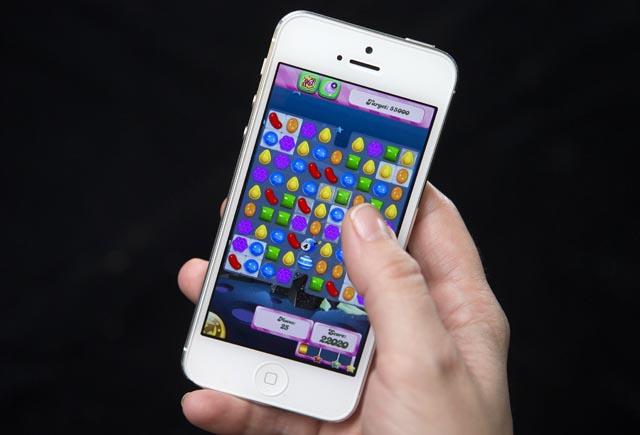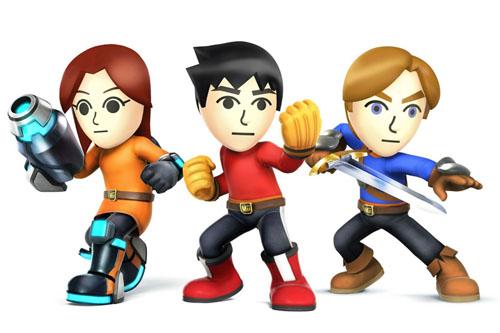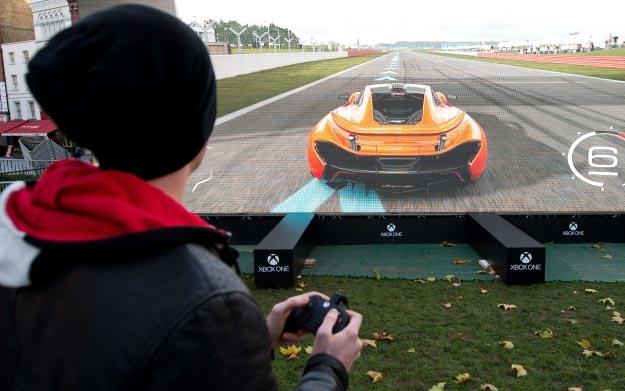MADRID –– Fanatical players forking out money to get ahead in games such as Candy Crush Saga or Angry Birds are driving explosive growth in the multi-billion-dollar mobile gaming business.
Once hooked on free-to-download smartphone and tablet games, millions of not-so-brilliant or simply impatient gamers are ready to pay cash to obtain extra moves or new lives, or to avoid time delays standing between them and the next level.
It is a lucrative model for businesses such as Candy Crush developer King Digital Entertainment, which announced Tuesday it had filed a request for a US initial public offering worth up to $500 million (364 million euros) and an ensuing listing on the New York Stock Exchange.
Indeed, the so-called “freemium” phenomenon pushed up spending on mobile games, most of it devoted to such in-app purchases, by more than 60 percent to $16.5 billion in 2013, according to research house IHS.
Double-digit annual growth is anticipated in the next three to five years.
“The way the games are set up is that there is no real limit on how much someone will spend within a single game,” said Jack Kent, British-based mobile analyst at IHS.
“You are encouraged to keep going back and spend more,” he said in an interview ahead of the February 23-27 World Mobile Congress in Barcelona gathering industry players including top app developers.
Each in-app purchase may cost from $1 to $60 for anything from a few extra moves in the wildly popular Candy Crush game to “green Gem” currency in the strategy game Clash of Clans, or even a combined pack of in-game advantages on other titles, Kent said.
Though games account for about 40 percent of all mobile app downloads, they make up about 80 percent of the revenues, the analyst said.
The size of the smartphone and tablet games market is now more than twice that of traditional handheld consoles, such as the Sony PSP and Nintendo DS, he estimated.
Technology research group Gartner Inc. predicts overall mobile game revenue will surge from $13.2 billion in 2013 to $17 billion in 2014 and $22 billion in 2015.
This month, the Vietnamese creator of smash-hit mobile game Flappy Bird, Nguyen Ha Dong, actually withdrew his app from sale saying its runaway success had ruined his simple life.
In an interview with Forbes, he said the game, where the aim is to direct a flying bird between oncoming sets of pipes and which reportedly raked in about $50,000 a day, had become an “addictive product”.
‘The app hooks you’
Such qualms are unlikely to spread widely.
As developers try to cash in, there are now more than a million mobile gaming apps available, making it hard for individual games even to be noticed.
Lawrence Lundy, analyst at Frost & Sullivan technology research house, said mobile messaging providers in Asia were now teaming up with developers to offer games directly to their users.
Japanese mobile messaging company LINE or South Korea’s KakaoTalk, for example, have effectively become games platforms, analysts said, allowing users to challenge their friends.
“They prove it can be done and you can make a lot of money from those sources,” Lundy said.
The mechanics of the in-app purchase are key, said Brian Blau, consumer technology analyst at Gartner.
“You either get the app for free or you pay a very low price. Then, the app hooks you, gets you interested,” he said.
















